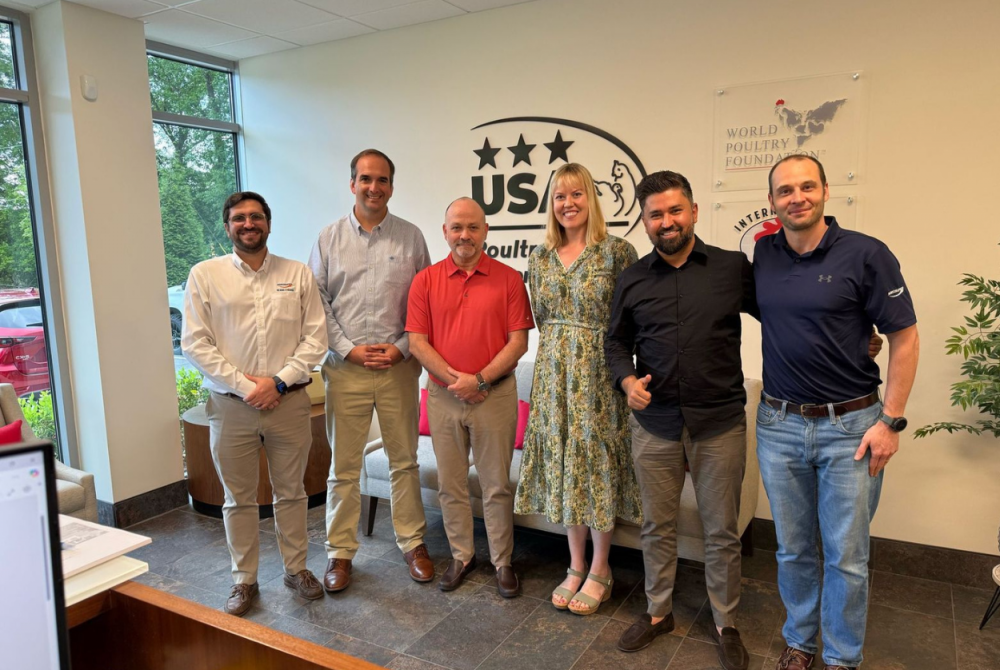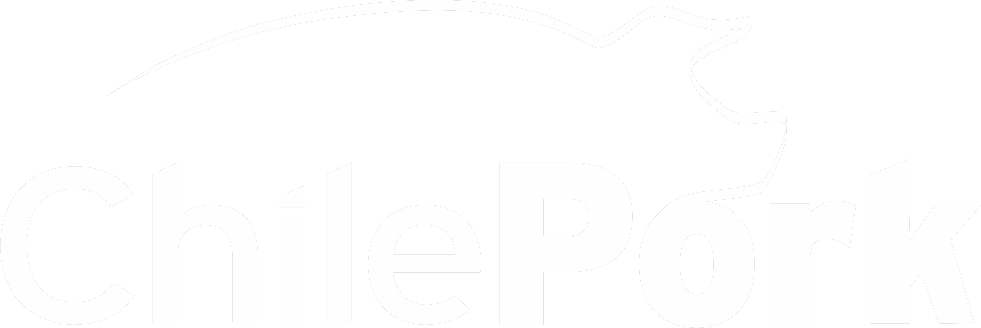Juan Carlos Domínguez, President of ChileCarne, held meetings with Chilean authorities and U.S. industry representatives during a visit to analyze the sector’s challenges.
In an international context marked by tariff tensions, tighter regulations, and changing consumer expectations, Juan Carlos Domínguez, Executive President of ChileCarne visited the United States on April 23. The goal was to obtain first-hand insight on the market situation, analyze the main challenges facing the global livestock sector, and strengthen joint efforts between producers and exporters in Chile and the United States.
The agenda included meetings with local authorities and representatives of the main industry trade associations, like the USA Poultry and Egg Export Council (USAPEEC), the National Pork Producers Council (NPPC), and the American Farm Bureau Federation. Domínguez also met with Chile’s Ambassador in Washington, D.C., Juan Gabriel Valdés, and the Agricultural Attaché, Andrés Rodríguez.
“Even though tariffs have dominated the agenda in recent weeks given their potential impact on global trade, pork and chicken producers and exporters around the world are facing significant challenges: How to continue meeting a growing demand for animal protein while shifting to more sustainable production that meets the demands of new consumers without losing competitiveness and profitability,” said Domínguez, highlighting the strategic nature of the visit.
The meeting with USAPEEC addressed the consequences of highly pathogenic avian influenza (HPAI), which has significantly impacted U.S. poultry producers, reduced egg supply, and promoted an increase in backyard production. The situation reinforces the need to strengthen biosecurity practices throughout the production chain, a priority for both countries in light of the current global health situation.
In turn, the conversation with the NPPC centered on the implications of California’s Proposition 12, a regulation that intends to improve animal welfare standards but is generating uncertainty given the lack of clear technical definitions on topics such as free-range production and adequate densities. This uncertainty has jeopardized the viability of many producers, impacting pork supply and adding additional risks to food safety.
Meanwhile, the meeting with the American Farm Bureau Federation covered the growing lack of understanding by decision-makers and the public on the complexities of agricultural and livestock production. It was emphasized that food supply is not guaranteed on its own, but requires stable public policies and a long-term vision, as opposed to short-term pressures from social and political groups.
Domínguez also met with the Chilean Ambassador Juan Gabriel Valdés. They underscored the importance of the Chilean public and private sector working together to address trade-related challenges, especially at a time of potential tariff changes. They also reaffirmed that the bilateral relationship between Chile and the United States is sound and must remain a national policy, regardless of who is in office, ensuring that Chile is not at a disadvantage compared to other global suppliers.
After the meeting, Chile’s Agricultural Attaché, Andrés Rodriguez emphasized that “a visit from a trade association like ChileCarne is a great opportunity for the work we do in the United States, to meet with the local industry and discuss the current challenges facing the livestock sector worldwide, both commercially and technically.” Chile is a key player in the U.S. white meat supply, with a major impact throughout the entire chain.”
ChileCarne’s trip to the United States reaffirms Chile’s commitment to opening new markets, facilitating international trade, and promoting practices that meet new health, environmental, and social standards. It also consolidates the local industry as a reliable, high-quality supplier for one of the world’s most demanding markets.
“Make no mistake: the challenge ahead remains the same: How to cover a growing population that demands for more animal protein and, at the same time, make progress in sustainable, competitive, and cost-effective production,” concluded Domínguez, reiterating the need to anticipate market changes and strengthen the competitiveness of Chilean production.




